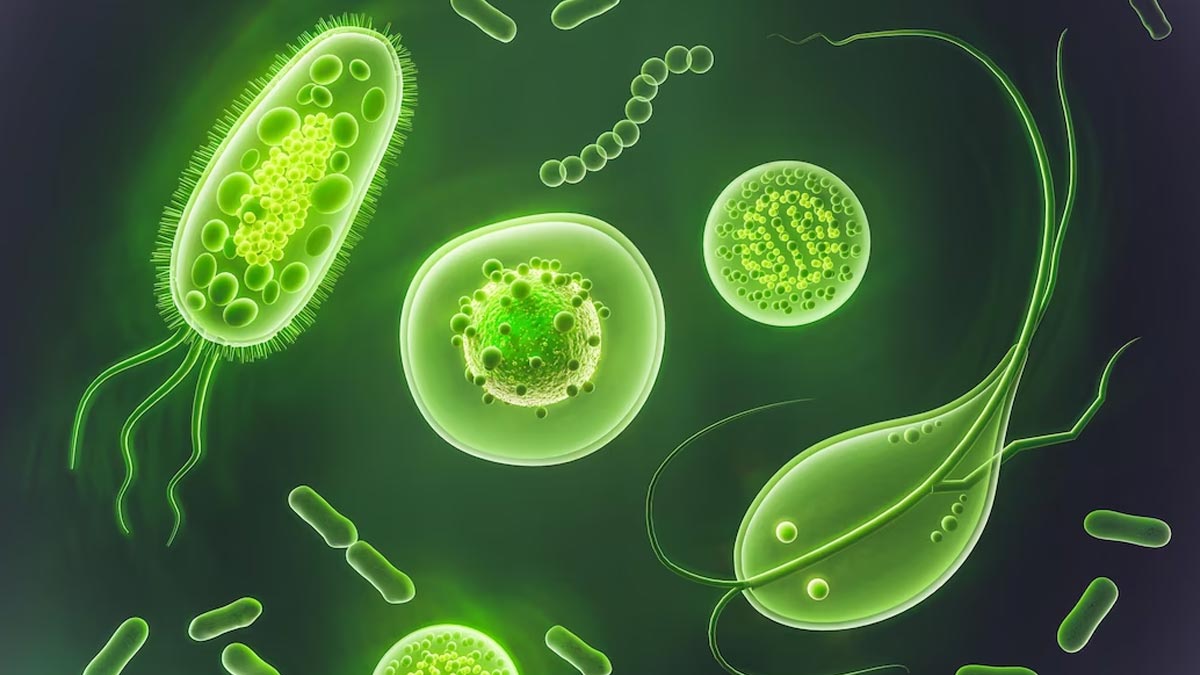
Escherichia coli, commonly known as E. coli, is a type of bacteria that inhabits the human gastrointestinal tract. While most strains of E. coli are harmless, some can cause infections that lead to a range of symptoms, from mild gastrointestinal discomfort to severe illness.
Table of Content:-
The E. coli Bacteria
“E. coli is a diverse group of bacteria, some of which play essential roles in the human digestive system. However, certain strains, such as Shiga toxin-producing E. coli (STEC), can cause illness. These bacteria are usually transmitted through contaminated food, water, or contact with infected individuals or animals,” said Dr Sanjay Chaudhary, MBBS, VMMC, New Delhi.
According to the Centres for Disease Control and Prevention (CDC), approximately 5 to 10% of patients infected with E. coli develop hemolytic uremic syndrome (HUS), a disorder that damages red blood cells.

Causes of E. coli Infection
Contaminated Food and Water
The most common cause of E. coli infection is the consumption of undercooked ground beef, unpasteurised dairy products, or contaminated fruits and vegetables. Contaminated water sources can also spread E. coli.
Person-to-Person Transmission
E. coli can be transmitted from person to person through poor hygiene, especially in settings like daycare centres or healthcare facilities.
Also read: Bacterial Vaginosis: Expert Explains Ways To Treat It
Contact with Animals
Close contact with animals, particularly those in petting zoos, can lead to E. coli infection. The bacteria can be present in the animals' faeces and fur.
Symptoms of E. coli Infection
E. coli infections can manifest with a range of symptoms, which may appear within 1 to 10 days after exposure:
- Diarrhoea: Watery or bloody diarrhoea is a common symptom of E. coli infection.
- Abdominal Pain: Severe abdominal cramps and discomfort can accompany the diarrhoea.
- Nausea and Vomiting: Some individuals may experience nausea and vomiting, which can lead to dehydration.
- Fever: In some cases, E. coli infection may cause a mild fever.
- Hemolytic Uremic Syndrome (HUS): A small percentage of E. coli infections can lead to a severe condition called HUS, which can cause kidney failure and other complications. This is more common in children and the elderly.

Treatment and Prevention
Antibiotics are generally not recommended for treating E. coli infections because they can increase the risk of HUS. However, your healthcare provider will determine the best course of action based on your specific condition.
Preventing E. coli infection involves several key practices, including cooking ground beef thoroughly, avoiding unpasteurised dairy products, practising good hand hygiene, and avoiding contact with potentially contaminated animals. When travelling, be cautious about the water you consume and wash fruits and vegetables thoroughly.
E. coli infections can cause minor gastrointestinal discomfort to severe disease, with possibly fatal consequences. Awareness of E. coli sources, as well as proper hygiene and food safety practices, are critical for prevention.
If you have symptoms of an E. coli infection, seek medical help as soon as possible because early diagnosis and treatment can considerably improve the result.
Also watch this video
Read Next
Air Quality Index Index In Delhi Is Deteriorating: Top Healthy Diet Options To Combat Air Pollution
How we keep this article up to date:
We work with experts and keep a close eye on the latest in health and wellness. Whenever there is a new research or helpful information, we update our articles with accurate and useful advice.
Current Version